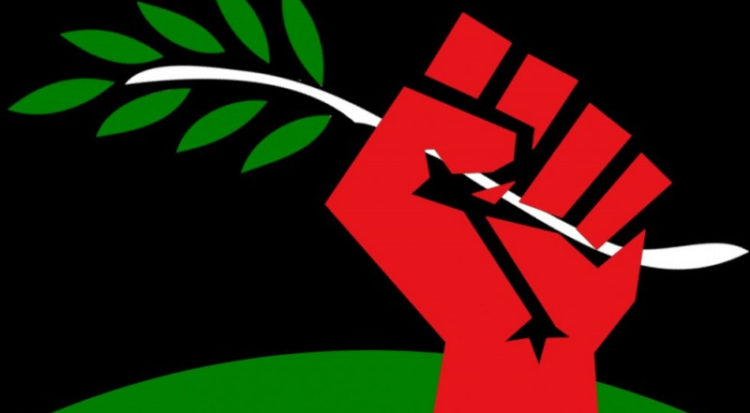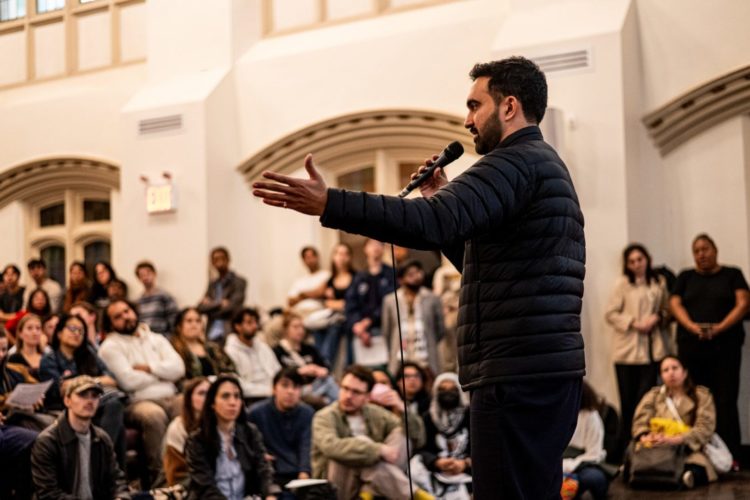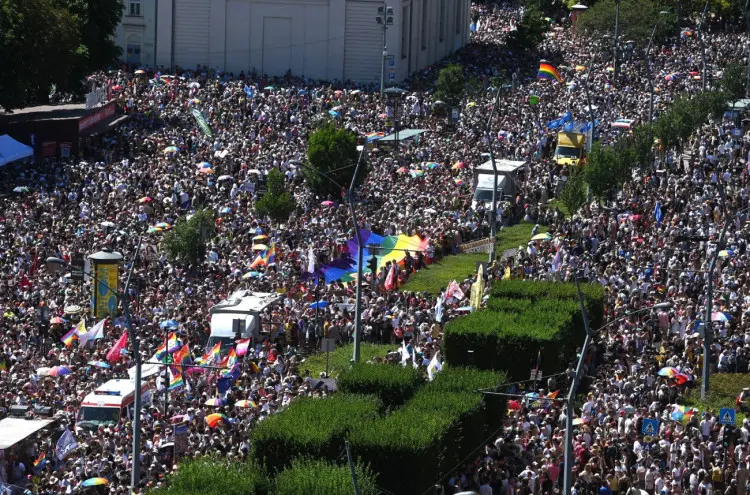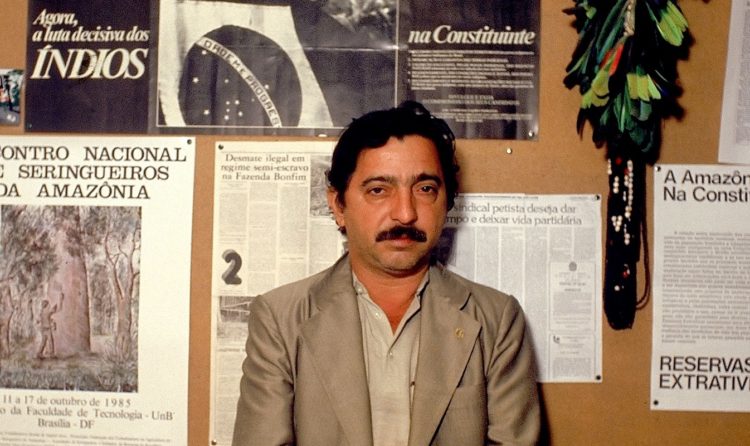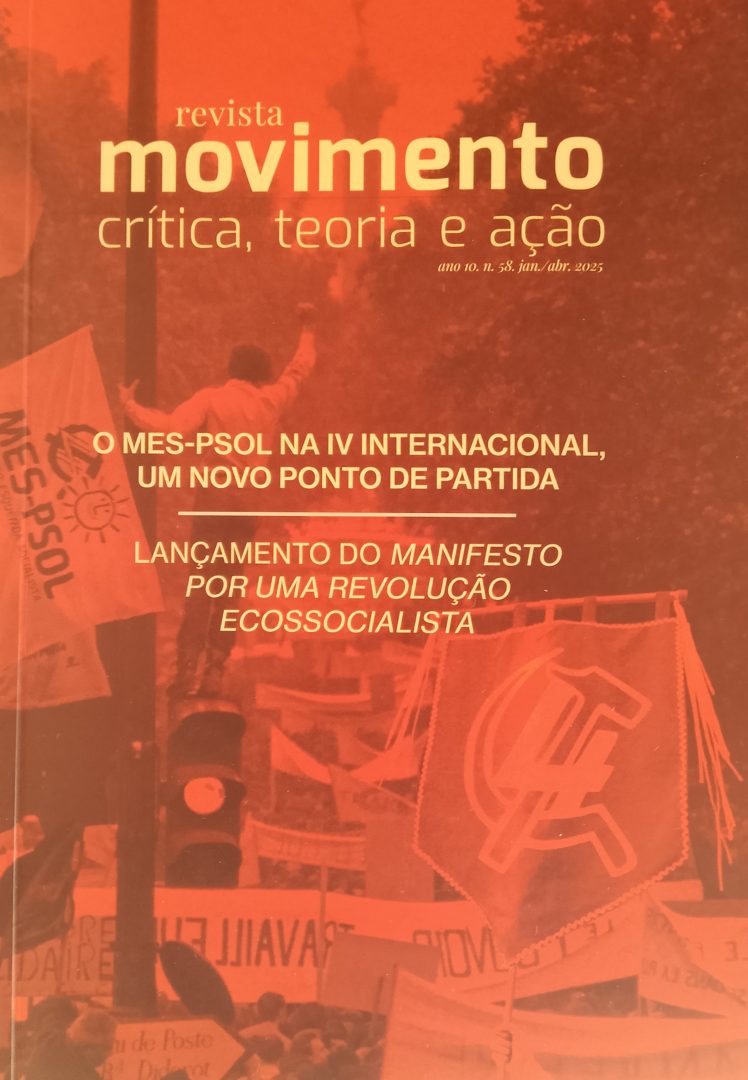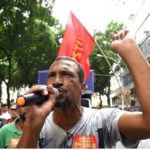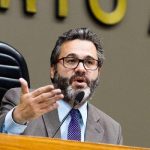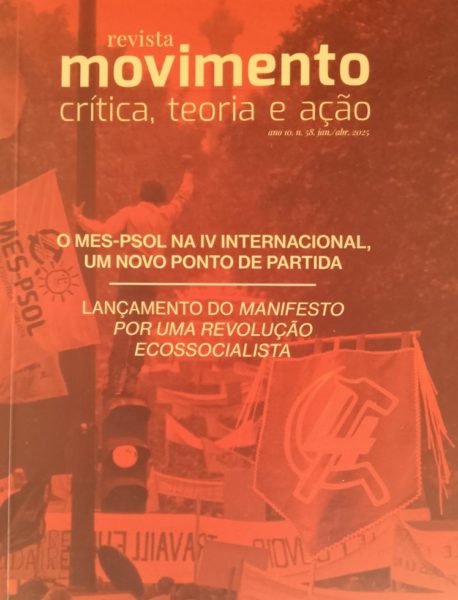The PSOL conference will not solve the most serious controversy in the party
About the PSOL national electoral conference.
The PSOL will hold this Saturday, the 30th, its national electoral conference. This is a forum with a significant democratic deficit, because it will not be made up of delegates elected by the base for this purpose, nor submitted to prior debate of the issues on the agenda. The conference is limited to the assembled National Directory. So, it is a national directory with the power of a conference, not an authentic democratic conference as we proposed. This being so, the result will be completely predictable.
There are two important debates underway. The first is whether the party will have its own candidacy or support Lula’s name. The result will be no surprise: for the first time in its history, the PSOL will give up having a name in the race and will support Lula. This decision will mean that the PSOL will not have a powerful instrument to express its politics, but it is seen by broad layers of activists and mass sectors as a detachment of the party in favor of unity to defeat Bolsonaro. Although the party’s own candidacy in the first round could play a more efficient role in this sense, contributing to the PSOL’s space for a frontal attack on the extreme right, with the prior commitment to support Lula in the second round, the support for the PT leader already in the first round dialogues with a national need, namely to rid the country of the Bolsonaro government. In this sense, the decision of the conference will not cause any change in the nature of the PSOL capable of threatening the party. The party may even grow. The vote for Lula is practically a consensus in the PSOL; the central discussion has been whether it would be a call to vote from the first round or in the second. And a more significant one, whether the party sows illusions in Lula’s program or advocates a vote essentially for Bolsonaro’s denial.
But there is another debate: about the participation of the PSOL in an eventual Lula government. This debate has been imposed because a sector of the party leadership has defended this participation, and the next party congress is only scheduled for the end of 2023, one year into the next government. It is a novelty in the internal life of the PSOL that there is a sector of the direction adhering to the idea of integrating the federal government, although it is already evident that the government will have the same social liberal nature of the petist presidential terms, which led to the foundation of the PSOL and its constitution as a left opposition. 2023 will not be like 2003 in many fundamental issues, but, in this essential point, Lula has already made it clear that it will be a continuity, and if in 2003 he signed the Letter to the Brazilian People as a password of this project, now he has chosen Alckmin as his vice-president to symbolize the maintenance of this commitment to the capitalist order.
In this discussion, for months there was tension in the air about what would be the position of the various sectors of the PSOL de Todas as Lutas, the coalition of tendencies and groupings that today hold most of the seats in the National Direction of the PSOL. For the resolution presented by this camp showed the path they chose. After a series of considerations that are generally correct, but sufficiently abstract to allow various policies, the last point of the resolution is the one that really counts: to decide the policy and the participation or not in the eventual Lula government only after the elections. With this decision, a fundamental point for the future of the PSOL was postponed.
The sectors that want to enter the government inside the PSOL de Todas as Lutas have gained time and, in this case, time is space. They want to continue negotiating the conditions of this participation and, with such conditions, obtain a discourse that forms a base capable of supporting an opportunist course that can even later dispense with the internal support of the PSOL Semente, precisely the sector in the PSOL de Todas as Lutas most refractory to an option of integrating the PSOL into the national executive of the bourgeois state apparatus.
Thus, the challenge of maintaining the independence of the PSOL remains on the agenda. And part of it will be decided in the electoral campaign and in the composition of the benches that will come out of this election, in the PSOL and in the Rede itself, of which the PSOL is now federated and where also the decision to be or not to be part of the government will be the main watershed. In the PSOL, this divisor will be public and definitive.
Its outcome, as always in the definitions about the evolution of the parties and their tendencies, will depend on the class struggle.



